Lack of data from Japan distresses nuclear experts. From The Los Angeles Times/found it on Rense. Excerpts:
How did Japanese workers at the crippled Fukushima nuclear plant jury-rig fire hoses to cool damaged reactors? Is contaminated water from waste pools overflowing into the Pacific Ocean? Exactly who is the national incident commander?
The answers to these and many other questions are unclear to U.S. nuclear scientists and policy experts, who say the quality and quantity of information coming out of Japan has left gaping holes in their understanding of the disaster nearly two weeks after it began.
At the same time, they say, the depth of the crisis has clearly been growing, judging by releases of radioactivity that by some measures have reached half the level of those released in the Chernobyl accident of 1986, according to new analysis by European and American scientists.
..
"Information sharing has not been in the culture of Tepco or the Japanese government," said Najmedin Meshkati, a USC engineering professor who has advised federal agencies on nuclear safety issues. "This issue is larger than one utility and one country. It is an international crisis."
..
Masaru Tamamoto, a professor of Asian and Middle Eastern studies at the University of Cambridge in Britain, said the handling of the crisis by Japanese government and corporate authorities is consistent with a culture that carefully guards information from the public and leaves decisions in the hands of anonymous bureaucrats.
Japan, Tamamoto said, lacks a nonprofit sector of government watchdog organizations that work closely with the news media to investigate and publicize government coverups. It leaves the public comfortably reliant on official pronouncements, he said.
"The public lives this way every day, and that's the way things are," Tamamoto said. "Even if you demanded the information, nobody has the information. Even the prime minister blurted out at one point that he didn't have information."
Tamamoto said that even significant nuclear contamination in the country might not be enough to prompt a change in this highly controlled and guarded bureaucracy, adding, "If this doesn't do it, I can't imagine what else would do it."
A crisis of leadership, too: The many-headed catastrophe points to deeper-seated problems in governing Japan From The Economist. Excerpts:
Yet, this month’s disasters underscore how much more the system still needs to change—along with the politicians guiding it. For one, the fiasco at Fukushima Dai-ichi has revealed, again, the cosy ties between the nuclear industry and government. Together, they have stifled debate, covered up bungles and made assumptions about risks that were too optimistic. The crisis management at TEPCO, the plant’s owner, has laid bare an astounding lack of leadership. “What the hell’s going on?” (Prime Minister)Mr Kan demanded at one point.
The same might be asked of the operation to get help to the tsunami victims. For all that Mr Kan has attempted to be seen at the front, in Tokyo the sense of a looming humanitarian crisis in the north has been slow to sink in. That is partly because nuclear worries have absorbed much of the government’s attention. Few politicians in a centralised system have bothered to travel north themselves. The media, taking their cue from the Tokyo establishment, have not thought properly to report the unfolding struggle for food and fuel.
Level of radioactive iodine in Tokyo water supply falls (For now..) From Boston.com. Excerpts:
Levels of a radioactive isotope found in Tokyo’s water supply fell by more than half yesterday, testing below the country’s stringent maximum for infants, even as three workers at the stricken nuclear plant to the north suffered radiation burns as they struggled to make emergency repairs.
The lowered readings in Tokyo’s water came hours after Yukio Edano, the chief Cabinet secretary, said the isotope, iodine 131, had been detected in the water supply of Kawaguchi City, just north of Tokyo, as well as those of two of Tokyo’s neighboring prefectures, Chiba and Saitama. On Wednesday, authorities cautioned those in the affected area not to give infants tap water.
..
The warning Wednesday over the heightened levels of iodine 131, which can accumulate in the thyroid and cause cancer, set off widespread anxiety and a run on bottled water emptied store shelves in Tokyo. Yesterday morning, the authorities were distributing water for the estimated 80,000 children less than 1 year old in the area and considering importing bottled water. The authorities said frequent rains might have washed radiation into Tokyo’s watershed, which lies mostly north and northeast of the city.
Emissions from the plant have largely blown east; elevated levels of iodine 131 and another dangerous isotope, cesium 137, were found 18 miles off the coast, according to the International Atomic Energy Agency.
Japan nuclear plant to take a month to fix From SBS.com (With Video) Excerpt:
The death toll from Japan's worst post-war disaster topped 10,000 as the operator of a radiation-belching nuclear plant warned that work to stabilise it may take another month.
To.. Stabilize.. May take.. Another.. Month.
2 nuclear plant workers hospitalized. From NHK. Excerpts:
The Nuclear and Industrial Safety Agency says the workers were standing on a flooded basement floor while working to reconnect power lines in the turbine building adjacent to the reactor. As a result, their feet were exposed to 170 to 180 millisieverts of radiation.
..
The maximum level of radiation exposure allowed for nuclear plant workers in Japan is normally 100 millisieverts. But the health and labor ministry has recently raised that limit to 250 millisieverts for emergency crews at the Fukushima plant.
Japan Nuclear Plant Reactor Core May Be Breached, Reactor #3 From The Intel Hub via Godlike Productions. Excerpts:
Japanese nuclear safety officials said Friday that they suspect that the reactor core at one unit of the troubled Fukushima Dai-ichi nuclear power plant may have breached, raising the possibility of more severe contamination to the environment.
Tap water crisis spreads to Chiba, Saitama From The Japan Times via Godlike. Excerpts:
The scope of radiation-contaminated tap water expanded Thursday, with radioactive iodine detected in tap water in Chiba and Saitama prefectures, while the Tokyo Metropolitan Government, which said the day before its drinking water was contaminated, scurried to distribute 240,000 bottles of water to households with babies.
Chiba authorities urged parents not to give tap water to infants less than 1 year old. Saitama refrained, at least initially, from taking similar measures after the level of iodine fell below the regulated limit later Thursday.
The moves followed the Tokyo government's finding Wednesday that the level of radioactive iodine in tap water from samples taken Tuesday exceeded the central government's recommended limit for infants.
On Thursday, however, the metropolitan government lifted the alert after radioactive iodine in tap water at the purification plant in Katsushika Ward dropped below the alert level for infants, officials said. Depending on the course of events, however, the alert could be reinstated, they said.
How did Japanese workers at the crippled Fukushima nuclear plant jury-rig fire hoses to cool damaged reactors? Is contaminated water from waste pools overflowing into the Pacific Ocean? Exactly who is the national incident commander?
The answers to these and many other questions are unclear to U.S. nuclear scientists and policy experts, who say the quality and quantity of information coming out of Japan has left gaping holes in their understanding of the disaster nearly two weeks after it began.
At the same time, they say, the depth of the crisis has clearly been growing, judging by releases of radioactivity that by some measures have reached half the level of those released in the Chernobyl accident of 1986, according to new analysis by European and American scientists.
..
"Information sharing has not been in the culture of Tepco or the Japanese government," said Najmedin Meshkati, a USC engineering professor who has advised federal agencies on nuclear safety issues. "This issue is larger than one utility and one country. It is an international crisis."
..
Masaru Tamamoto, a professor of Asian and Middle Eastern studies at the University of Cambridge in Britain, said the handling of the crisis by Japanese government and corporate authorities is consistent with a culture that carefully guards information from the public and leaves decisions in the hands of anonymous bureaucrats.
Japan, Tamamoto said, lacks a nonprofit sector of government watchdog organizations that work closely with the news media to investigate and publicize government coverups. It leaves the public comfortably reliant on official pronouncements, he said.
"The public lives this way every day, and that's the way things are," Tamamoto said. "Even if you demanded the information, nobody has the information. Even the prime minister blurted out at one point that he didn't have information."
Tamamoto said that even significant nuclear contamination in the country might not be enough to prompt a change in this highly controlled and guarded bureaucracy, adding, "If this doesn't do it, I can't imagine what else would do it."
A crisis of leadership, too: The many-headed catastrophe points to deeper-seated problems in governing Japan From The Economist. Excerpts:
Yet, this month’s disasters underscore how much more the system still needs to change—along with the politicians guiding it. For one, the fiasco at Fukushima Dai-ichi has revealed, again, the cosy ties between the nuclear industry and government. Together, they have stifled debate, covered up bungles and made assumptions about risks that were too optimistic. The crisis management at TEPCO, the plant’s owner, has laid bare an astounding lack of leadership. “What the hell’s going on?” (Prime Minister)Mr Kan demanded at one point.
The same might be asked of the operation to get help to the tsunami victims. For all that Mr Kan has attempted to be seen at the front, in Tokyo the sense of a looming humanitarian crisis in the north has been slow to sink in. That is partly because nuclear worries have absorbed much of the government’s attention. Few politicians in a centralised system have bothered to travel north themselves. The media, taking their cue from the Tokyo establishment, have not thought properly to report the unfolding struggle for food and fuel.
Level of radioactive iodine in Tokyo water supply falls (For now..) From Boston.com. Excerpts:
Levels of a radioactive isotope found in Tokyo’s water supply fell by more than half yesterday, testing below the country’s stringent maximum for infants, even as three workers at the stricken nuclear plant to the north suffered radiation burns as they struggled to make emergency repairs.
The lowered readings in Tokyo’s water came hours after Yukio Edano, the chief Cabinet secretary, said the isotope, iodine 131, had been detected in the water supply of Kawaguchi City, just north of Tokyo, as well as those of two of Tokyo’s neighboring prefectures, Chiba and Saitama. On Wednesday, authorities cautioned those in the affected area not to give infants tap water.
..
The warning Wednesday over the heightened levels of iodine 131, which can accumulate in the thyroid and cause cancer, set off widespread anxiety and a run on bottled water emptied store shelves in Tokyo. Yesterday morning, the authorities were distributing water for the estimated 80,000 children less than 1 year old in the area and considering importing bottled water. The authorities said frequent rains might have washed radiation into Tokyo’s watershed, which lies mostly north and northeast of the city.
Emissions from the plant have largely blown east; elevated levels of iodine 131 and another dangerous isotope, cesium 137, were found 18 miles off the coast, according to the International Atomic Energy Agency.
Japan nuclear plant to take a month to fix From SBS.com (With Video) Excerpt:
The death toll from Japan's worst post-war disaster topped 10,000 as the operator of a radiation-belching nuclear plant warned that work to stabilise it may take another month.
To.. Stabilize.. May take.. Another.. Month.
2 nuclear plant workers hospitalized. From NHK. Excerpts:
The Nuclear and Industrial Safety Agency says the workers were standing on a flooded basement floor while working to reconnect power lines in the turbine building adjacent to the reactor. As a result, their feet were exposed to 170 to 180 millisieverts of radiation.
..
The maximum level of radiation exposure allowed for nuclear plant workers in Japan is normally 100 millisieverts. But the health and labor ministry has recently raised that limit to 250 millisieverts for emergency crews at the Fukushima plant.
Japan Nuclear Plant Reactor Core May Be Breached, Reactor #3 From The Intel Hub via Godlike Productions. Excerpts:
Japanese nuclear safety officials said Friday that they suspect that the reactor core at one unit of the troubled Fukushima Dai-ichi nuclear power plant may have breached, raising the possibility of more severe contamination to the environment.
Tap water crisis spreads to Chiba, Saitama From The Japan Times via Godlike. Excerpts:
The scope of radiation-contaminated tap water expanded Thursday, with radioactive iodine detected in tap water in Chiba and Saitama prefectures, while the Tokyo Metropolitan Government, which said the day before its drinking water was contaminated, scurried to distribute 240,000 bottles of water to households with babies.
Chiba authorities urged parents not to give tap water to infants less than 1 year old. Saitama refrained, at least initially, from taking similar measures after the level of iodine fell below the regulated limit later Thursday.
The moves followed the Tokyo government's finding Wednesday that the level of radioactive iodine in tap water from samples taken Tuesday exceeded the central government's recommended limit for infants.
On Thursday, however, the metropolitan government lifted the alert after radioactive iodine in tap water at the purification plant in Katsushika Ward dropped below the alert level for infants, officials said. Depending on the course of events, however, the alert could be reinstated, they said.

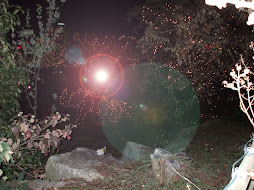



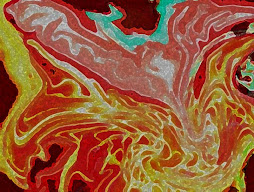



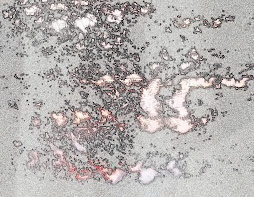


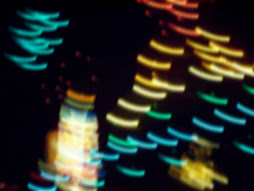

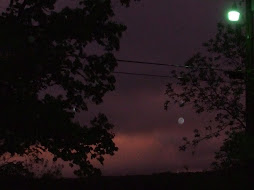
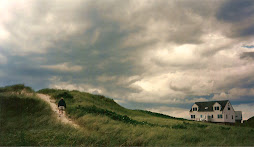







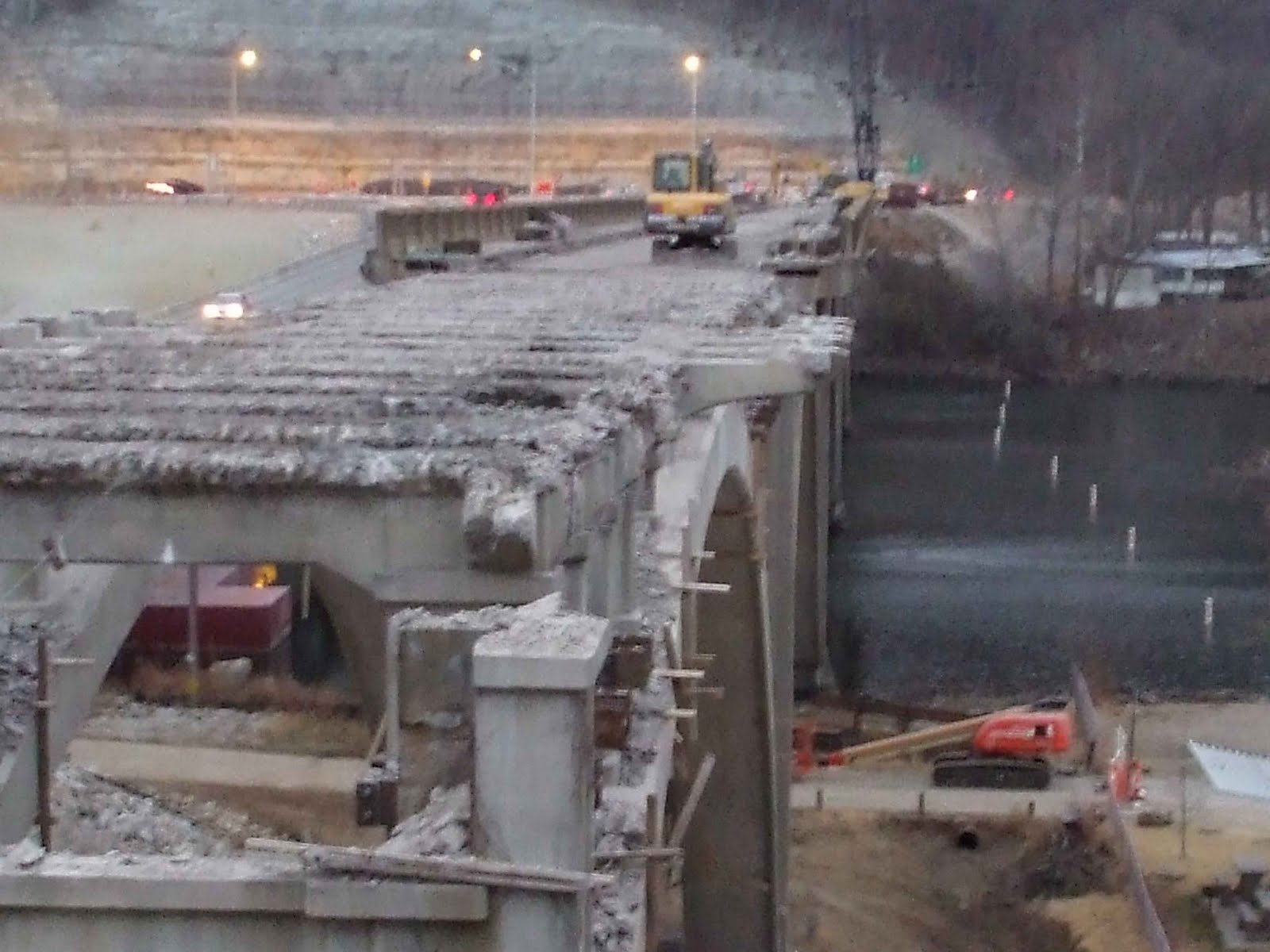




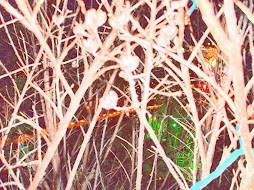




















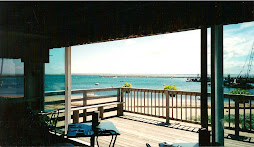
















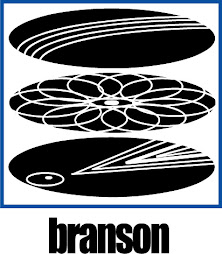






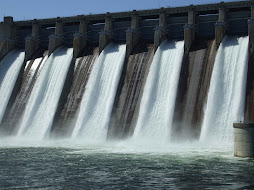


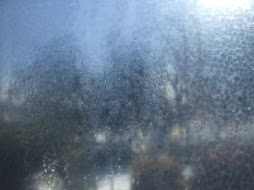

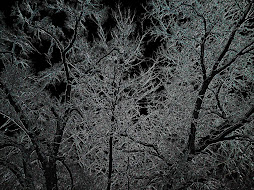

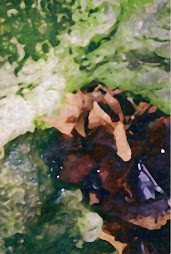






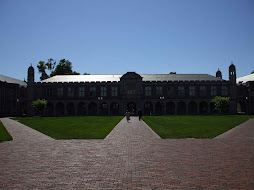


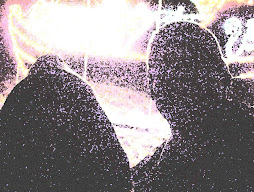





No comments:
Post a Comment